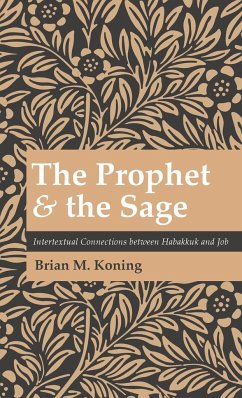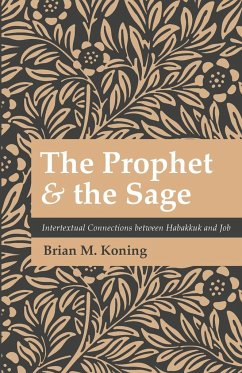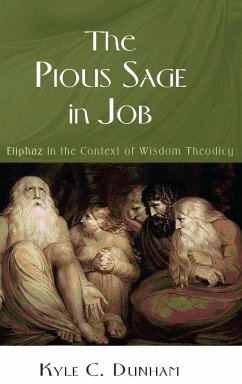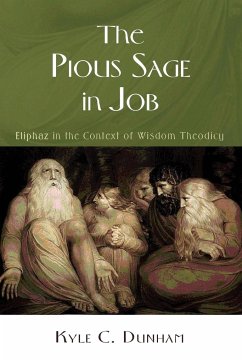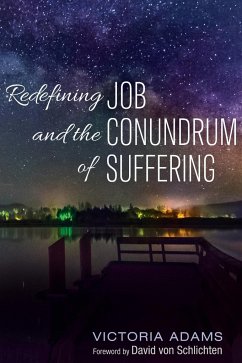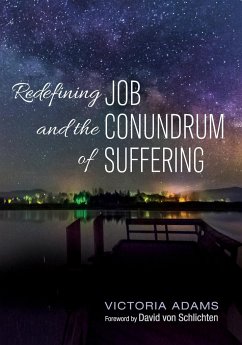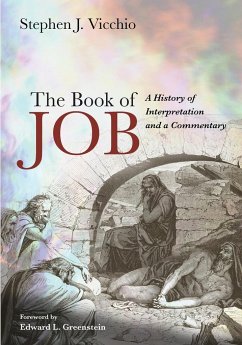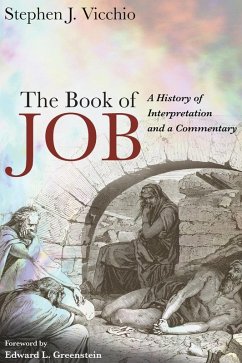Job and Habakkuk represent the Bible's most focused interlocutors on the concepts of justice and theodicy. Both works center upon men chosen by God who see and suffer evil (Job 1:8, cf. Hab 1:1). Both books record the cries of these men as they wrestled to make sense of the world in which they lived (Job 3, cf. Hab 1:2-4). While they have a passing similarity, what if there is something more fundamental to their connection? What if these books are not merely two unconnected discourses on suffering, but linked in a significant way? By examining the texts themselves, this study explores the possibility that a textual relationship exists between portions of Habakkuk and Job and how the underlying transformation of Job's theodicy shapes Habakkuk's dialogue with God.

